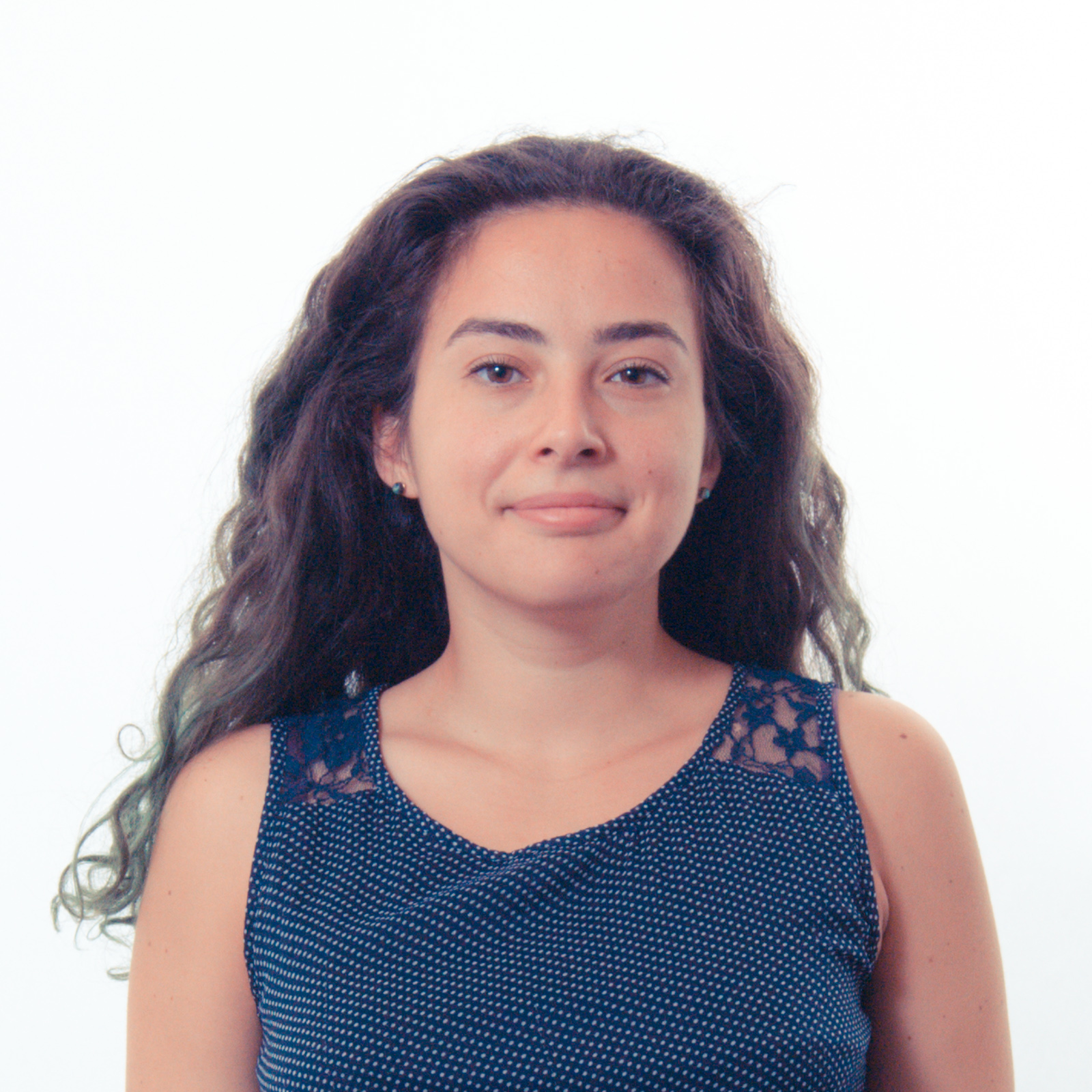On 13 and 14 May, Tbilisi hosted the sixth edition of the South Caucasus Security Forum, one of the main foreign policy and security conferences in the South Caucasus region, organised by STRATPOL (Strategic Policy Institute, Slovakia), Georgian Foundation for Strategic and International Studies (Rondeli Foundation), and Friedrich-Ebert-Stiftung’s South Caucasus Office.
Panelists included government officials as well as local and international experts on the topics of security in a region that, despite often being neglected, is a veritable “hotspot of great power competition”, as remarked by Ekaterine Metreveli, president of Rondeli Foundation, in her opening speech. The South Caucasus borders Turkey, Iran, and most importantly Russia: Moscow’s spectre looms large over the region, particularly when it comes to the unresolved conflicts in Abkhazia and South Ossetia, which Georgia considers under Russian occupation.
Great attention was devoted to the Black Sea region, home to NATO members and prospective members, and a frontline between Russia and the West. It is not by chance that around the Black sea a series of separatist conflicts has developed over the years: Transnistria, the Donbas, Abkhazia, South Ossetia, Nagorno Karabakh; Russia has long been exploiting these conflicts to keep a hold of the region and prevent it from joining Western-led alliances. On the West’s side, the election of Donald Trump has led to a new security environment in which dialogue between the EU and the US has sharply decreased.
The speech by Olya Oliker (International Crisis Group) was particularly interesting, as it challenged the narrative, very popular in Tbilisi, that Western support for Ukraine after the invasion of Crimea would mean increased support for Georgia against Russia as well. However, while the West is interested in friendship and cooperation with Georgia, their help was never going to extend to the military realm – particularly in times of internal crisis for both NATO and the EU.
On the other hand, Georgia is increasingly marketing itself as a security provider, and not just as a security consumer: the Deputy Minister of Defence remarked how Georgia has de facto “acted as a NATO member” for many years, including deploying soldiers in Afghanistan. Once again, the narrative was criticised by Oliker, who criticised Georgia’s course of action as a “fake it till you make it” model that does not bring long-term change and convergence with the West.
A panel was devoted to unresolved conflicts within internationally recognised Georgian territory in Abkhazia and South Ossetia. The speakers seemed to agree that Russia is favouring isolation in the two breakaway republics to secure its control over them. For this reason, they argued, there should be a shift from hard security to human security, and the Georgian side should try to build connections with people in Abkhazia and South Ossetia, for example through trade or educational opportunities.
Then, another unresolved conflict was discussed: Nagorno-Karabakh, the region contended between Armenia and Azerbaijan. Speakers remarked how – much like in Georgia – conflict has become a part of people’s identity, and the two sides are struggling to see eye to eye. However, Russia has less interest in this conflict – unlike the ones in Georgia and Ukraine – recently Armenian and Azeri have started to meet without international mediators, and new Armenian president Nikol Pashinyan is changing the political discourse in the country, having stated that fighting is not the answer for Nagorno Karabakh. These factors, combined, suggest that, while reaching a settlement in Nagorno-Karabakh will still take a long time, there is some hope for peace.
On May 14, the first panel was dedicated to celebrating the ten years of the Eastern Partnership, the initiative promoted by the European Union to develop closer ties with its Eastern neighbourhood (Armenia, Azerbaijan, Belarus, Georgia, Moldova, Ukraine). The general assessment of EaP was positive, as it brought closer cooperation with the region, but experts agreed that there is still room for improvement when it comes to implementing structural reforms.
Another panel discussed Turkey, its relationship with the US and with Russia, and how they could shape security in the Southern Caucasus. In order to have a meaningful impact on the region, however, Ankara should probably focus on the normalisation of relations with Armenia, which would allow it to play a bigger role in the Caucasus.
Finally, one panel discussed the existential crisis that has hit the West for the past few years, with the development of populist parties that channel the increasing frustration of the people towards the liberal system. Nevertheless, attendees were optimistic: they concluded that liberal democracy was still the most successful system in terms of empowering people and helping them develop, and it will be able to survive the populist wave.
